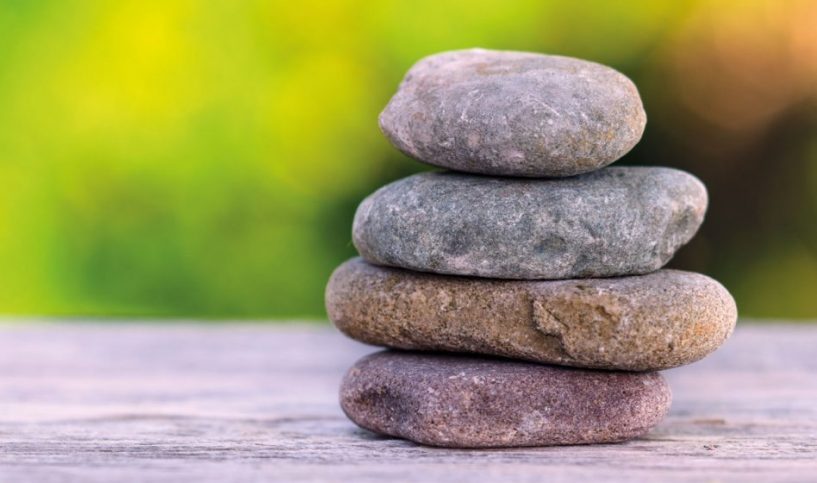Many of us can’t imagine life without instant forms of communication and sharing. We share microbytes of our lives as they happen; in pictures, 140 characters, or posts that exist only to evaporate once viewed by the recipient. We share both the highlight reel and the bloopers of our lives hoping viewers will respond. We ask for money, prayers, good vibes, happy thoughts, and ‘Likes’.
We express outrage, sorrow, anger, and frustration at the real and perceived injustices in the world, and urge each other to post pictures of puppies, nature, and men in kilts in retaliation for all the negative posts of war, violence, racism, and politics. Whether debate, discussion, philosophy, or clickbait, we scroll through the offerings of the moment from friends, family, strangers, ads, fan pages, groups, and charities. We do this all day, every day. And yet, we are, research data shows, the loneliest, most disconnected individuals E.V.E.R. We cry over bombs in Syria, dead toddlers on the beach, and strangers with cancer, yet chances are we don’t know our neighbours by name, we haven’t attended a personal social gathering in person in the past 14 days, and we regularly go to bed with a digital device. The cost to our mental, emotional, and physical health of this personal disconnect is tremendous; an exponential rise in depression, social anxiety and sadly, suicide, in adolescents to 30-somethings is alarming.
A few years ago, I worked with a 20-something client who was struggling to be successful in university. She was smart, accomplished, creative, and really happy with the program she’d chosen, but she was failing abysmally, because she couldn’t make herself go to class. The degree of anxiety she felt in a social setting completely paralyzed her. What she said about her anxiety struck me as profoundly sad. “When I am face-to-face with someone, they always feel bigger than me. Like they have no edges. If I feel uncomfortable, I can’t just hit ‘mute’ or say ‘brb’ and walk away for a few moments. There’s no ‘unfriend’ or ‘delete’ button in person, and I feel overwhelmed by almost every encounter I have because I can’t manage the other’s input in the moment, and I become anxious. I don’t know what to do with people in real life.”
Another client I worked with became Facebook friends with someone through a mutual membership in a photography group. Though he didn’t know the individual personally, after several weeks of exchanges through the group, he accepted a friend request from this fellow photographer. After several months, both of them were going to be in London at the same time, and arranged to meet. When he returned from this trip, my client wanted to talk about this meeting. “Before I met him in person, I would have said he is my friend. Our conversations on Facebook felt real and genuine. What I expected in person was a continuation of that feeling of connection. What actually happened is that we both realized that we had a false sense of intimacy – of knowing – that wasn’t really present in person. It was an interesting meeting, but both of us acknowledged that without the commonality of the photography group it was unlikely we would have gravitated toward friendship in person. We will remain connected through the Facebook group, but I have unfriended him. He is not someone I would choose to have coffee with in person.”
Don’t get me wrong. There is definitely a place for digital relationships in our lives. Research results indicate that a balance between online and in-person interactions can be healthy, increasing the satisfaction in relationships and an individual’s overall sense of well-being. Things go pear-shaped when relational interaction is too heavily weighted toward the digital context and there is no distinction made between virtual and in-person relationships. The research is clear –friendship online which does NOT begin as a face-to-face relationship may create an unrealistic sense of connection and of knowing ~ a false sense of intimacy ~ that actually doesn’t exist outside the digital medium. That is not to say that these relationships cannot become existent and tangible – far from it. The point is not to discard or discount these relationships, but to recognize their limitations and to be mindful of the impact of the forms of friendship we encourage. Too many virtual friendships and not enough face-to face relationships may shrink your world to the size of the screen of your favourite digital device. Since we must exist in reality, it is vital that we learn to successfully interact with others in whatever context we may find ourselves.
If you struggle with anxiety when in a social setting, it would be beneficial to create better balance in relationships in your life …for the sake of your mental and emotional health.








